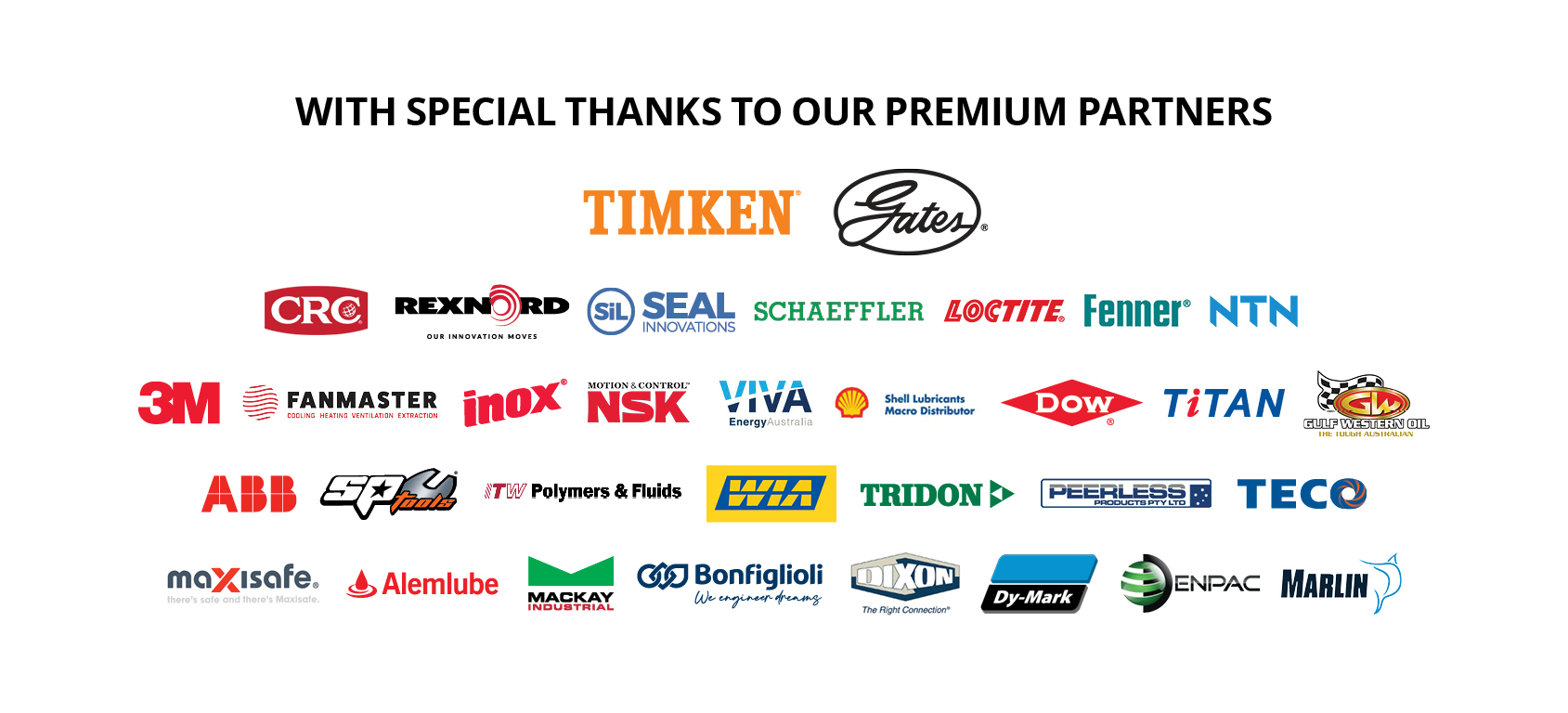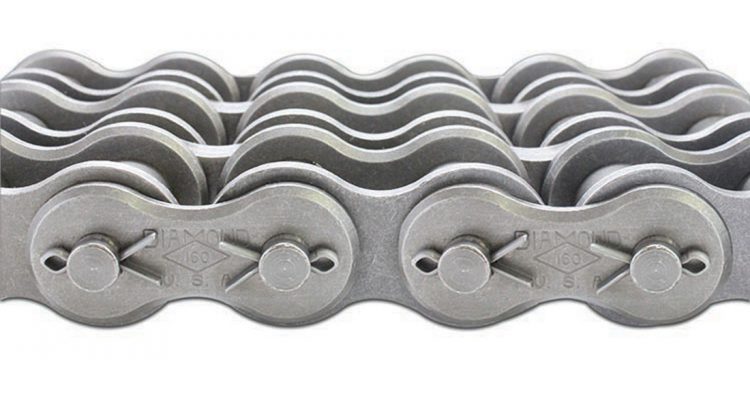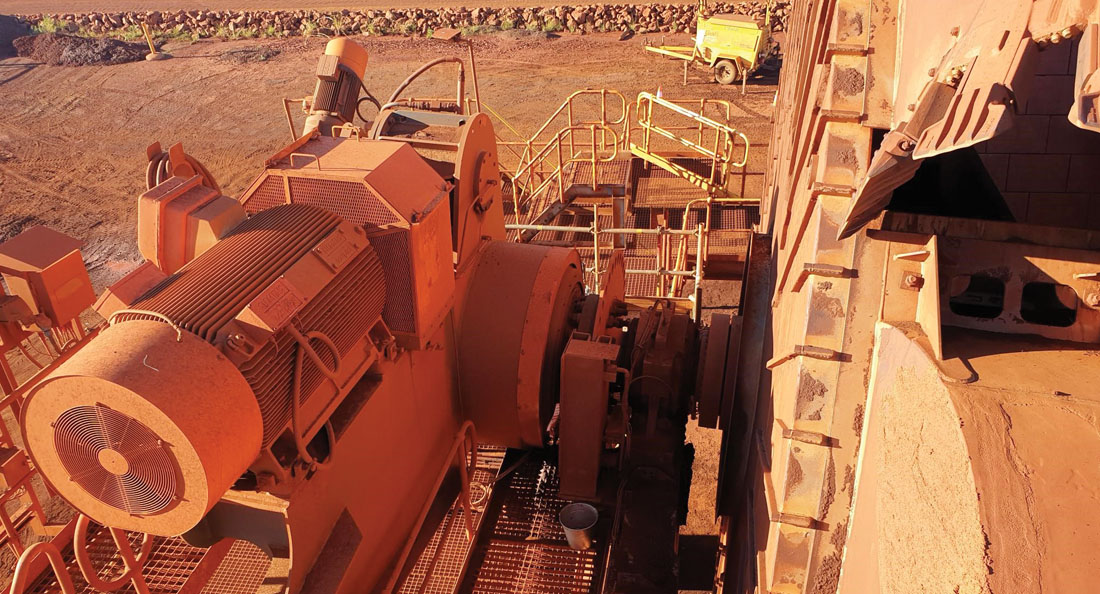When conveying material, it is often necessary to attach additional conveyor belt products, such as a scraper or flaps, or extend flighting between a pair of parallel chains. In food and beverage (F&B) systems, these can be necessary to ensure the product flows to the right area in the process. And in order to attach these products to a system, often a roller chain attachment will be implemented.
When used in pairs, attachments need to be exactly in the same position on both chains (called a matched pair) to avoid potential problems developing, particularly in plants that have taken advantage of robotics. For example, if a beverage company is bottling items and then placing them into a filling line, the robotic systems will need to depend upon the accuracy of the roller chain attachments to avoid making a mistake. If the attachment is even slightly out of place, it can lead to the bottles crushing the packaging or cause the bottles to break, leading to potential occupational health and safety issues. Not only that, but the financial impacts of such a situation can be significant and require a shutdown in order to rectify.
This is why the Diamond Chain Company, operating through CBC Australia, offers available length matching on its wide range of high-performing attachments.
A Class I match assures that the longest and shortest chain in a given set will not vary in overall length by more than 600 microns per metre. Using an ANSI #80 chain as an example, the length of two 118 pitch long chains with a Class I match would not vary by more than 1.5 millimetres.
Class II matches are much more stringent, and are suitable for operations where increased accuracy is necessary or when there is a longer distance between the pair of chains. A Class II match will assure that the longest and shortest chain in a given set will not vary in overall length by more than 167 microns per metre. Using the same example as above, the lengths of two chains 118 pitches long will not vary in overall length by more than half a millimetre. Class II matching can be quite difficult to achieve and requires some unique procedures.
Diamond has more than 100 different attachments within its range, for a number of popular dimensions. Troy Markland, Product Manager at CBC Australia, says this is a conservative estimate, as the company is able to provide custom solutions to handle the thousands of different options required.
“CBC will work closely with customers in Australia, helping them to identify what equipment is required, the length of chain needed and the type of chain itself as part of the order process,” he explains.
“We have an extremely close working relationship with Diamond as the exclusive distributor in Australia. We relay not only the product information but other key details such as availability schedules, to help our customers plan their maintenance.”
CBC’s staff are also trained by Diamond to help customers get the most out of the company’s products across a number of industries.
For the F&B sector, Diamond uses U.S Food and Drug Administration-approved materials and H1 food-grade lubricants approved for incidental contact to protect the chain’s structure and strength while providing food safety. Materials and lubricants are selected to meet the specific needs for sanitation, processing, cooking and sterilisation. CBC staff work with customers to determine exactly which chain would work best for each application.
In addition, CBC also provides local support and training. In particular, Markland says CBC can perform periodic measurement to minimise the impact of elongation.
“A roller chain, like most equipment, will suffer from wear over time. As a result, the chain will begin to elongate and eventually need to be replaced,” he says.
“Periodic measurement means we can detect potential issues before they become a problem and help customers develop a maintenance plan so any work can be scheduled – not during a breakdown.”
Markland adds that CBC prides itself on its quality support, both in person and online. Customers are able to go to the Diamond Chain Company website and access a series of case studies, frequently asked questions, and ask dedicated engineers for help to solve any problems, while CBC can provide local expertise.




